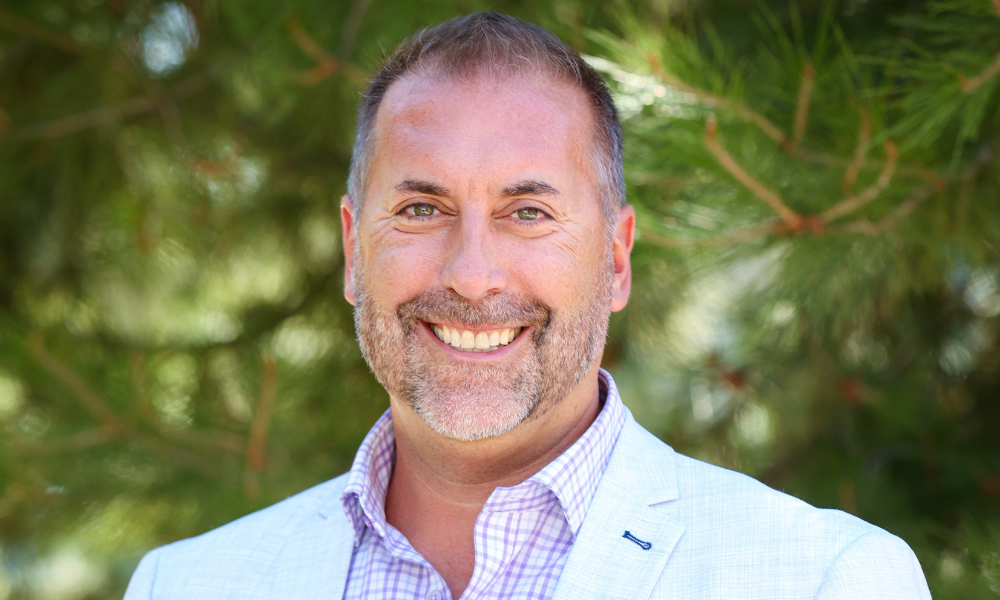Education conversation
“Our responsibility is to make sure they’re seeing the realities of the situation as well as the dream,” he said. While some churches require a marriage preparation course before a couple ties the knot, and new drivers need to pass a driving test, most conventional home buying “does not require any sort of education.” There are exceptions, with some states that offer downpayment assistance which typically require some education.
There are anti-steering laws, and professional guardrails, but for homebuyers, “The people they rely on most are going to be the real estate agent and their mortgage person, their bank, as far as education,” he said. “What we can do is create real education for them.”
Rather than just showing a client how much they can afford, the education can extend to rehabbing your home, future costs, maintenance, unexpected costs, etc.
“It’s going to set you up as an advocate for your borrower or your realtor partners,” he said. “And it’s going to get you more business and it’s going to give you more meaningful relationships that are going to help grow your business. But it’s also going to help start to create better generational borrowers.”
He added that “as an industry, it behooves us to be proactive in that Reality Education process. Sometimes building trust is simply pointing out Reality, not simply agreeing. And building trust leads to retaining clients.”

